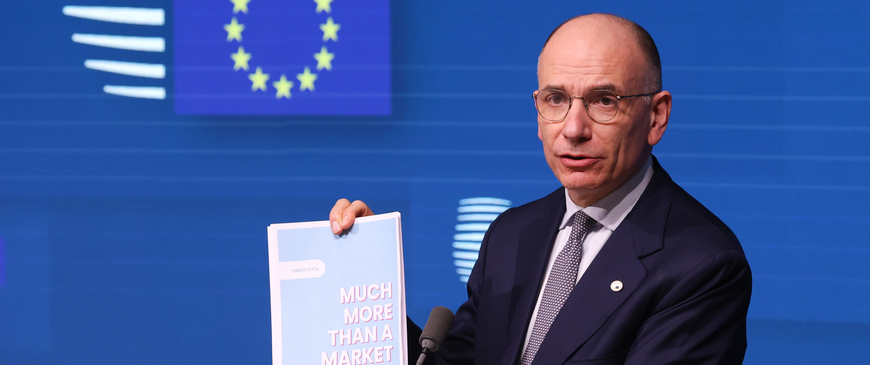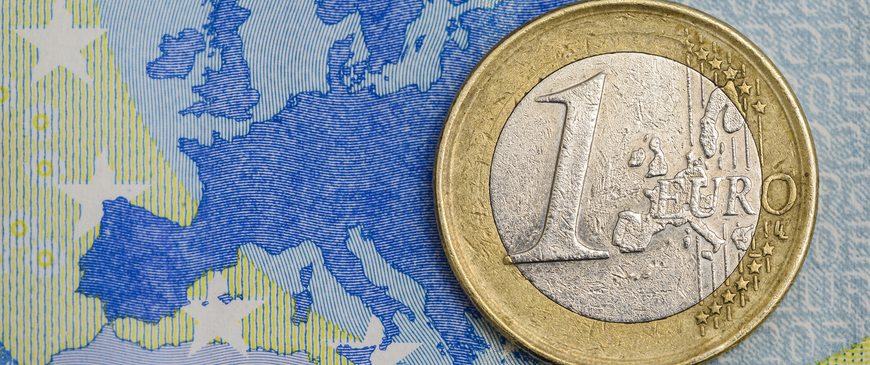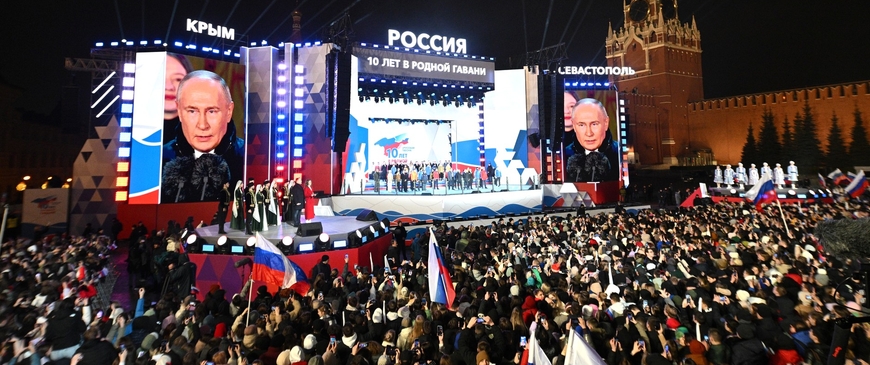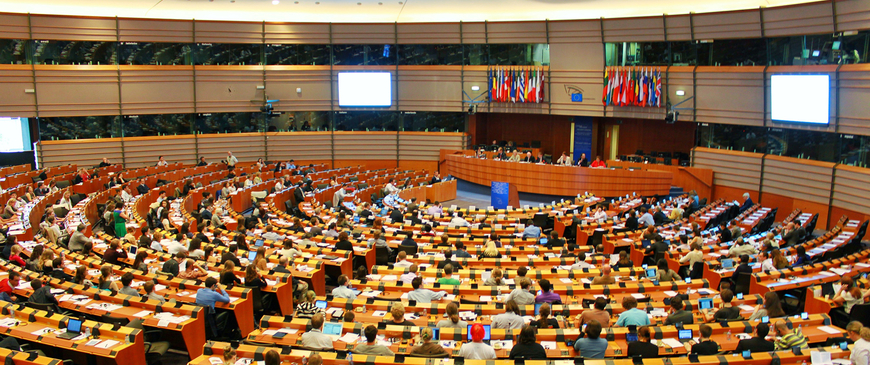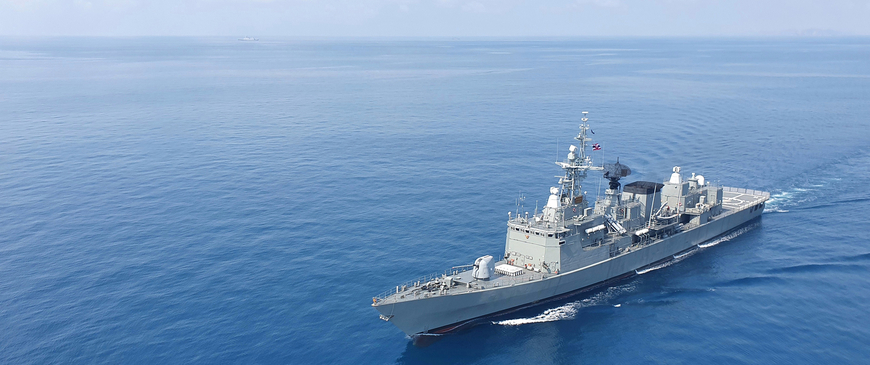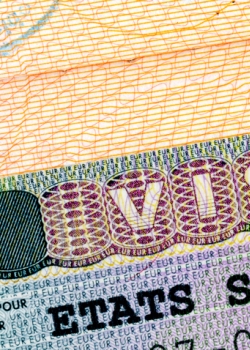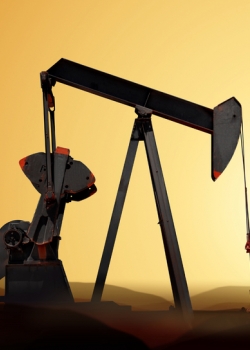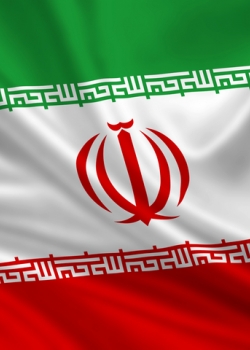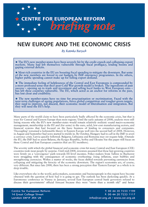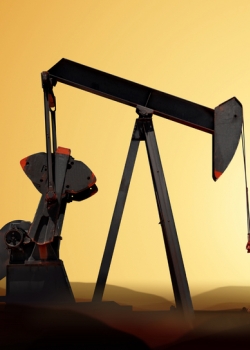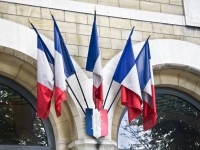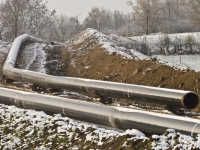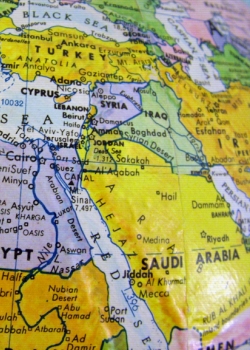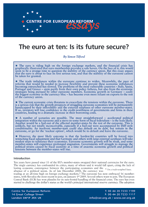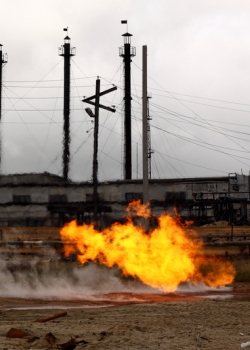Research
Britain's Schengen dilemma
10 February 2009
Britain supports more EU co-operation against terrorism, crime and illegal immigration and has done so for over a decade. This is because effective justice co-operation has clearly been in the national interest (as with the speedy capture and extradition of one of the 2005 London bombers from Italy to Britain).
Why global energy markets need governing
02 February 2009
After a year of upheaval it may seem perverse to take the world’s financial system as a model for anything – least of all for governance.
Georgia, Ukraine and energy security
02 February 2009
In January 2006 Russia interrupted gas supplies to Ukraine and triggered a short, sharp shock to Europe in its ever-growing dependency on Russian gas.
Obama, disarmament and Iran
02 February 2009
Barack Obama has pledged to take steps to rid the world of nuclear weapons. “I will not authorise the development of new nuclear weapons. And I will make the goal of eliminating nuclear weapons worldwide a central element of US nuclear policy”, he wrote in December 2008.
New Europe and the economic crisis
02 February 2009
The EU's new member-states have been hit hard by the credit crunch and collapsing export markets. The Central and East Europeans sense that their post-Cold War growth model – consisting of liberalisation and EU integration – is broken.
Issue 64 - 2009
30 January 2009
- Why global energy markets need governing, Nick Butler
- Georgia, Ukraine and energy security, Dieter Helm
- Obama, disarmament and Iran, Tomas Valasek
The French, the European Commission and the Tories
29 January 2009
One Frenchman, Jean Monnet, invented the European Commission, and another, Jacques Delors, was its greatest president. Yet the French are increasingly hostile to this Brussels institution.
After the gas conflict
23 January 2009
On January 20th, Russian gas started flowing again through Ukraine, after a two-week shut-down that had left people in South East Europe freezing and factories idle. The relief across Europe was palpable but the confusion about what happened is still there.First, both Russia and Ukraine said that the dispute was about money that Naftogaz, the Ukrainian gas company, owed to Russia’s monopoly Gazprom for last year’s deliveries. Then it was about the price the Ukrainians should pay in 2009 for the Russian (or Turkmen) gas that it uses domestically. ...
Gaza, Europe and empty gestures
08 January 2009
'We're fed up with empty gestures', the Israeli prime minister told a high level delegation from the EU. Several foreign ministers and EU officials had come to the Middle East to try to help end the war raging in Gaza between Israel and Hamas, which has killed over 700 Palestinians and 10 Israelis in the twelve days since it started.
The euro at ten: Is its future secure?
07 January 2009
The euro is riding high and the financial crisis has illustrated the safe haven that membership provides. On the face of it, the future of the single currency looks rosy.
Just another gas crisis?
07 January 2009
Russia has cut off the gas flowing to and through Ukraine – again. Like in January 2006, Moscow and Kyiv are blaming each other, while a convoluted mix of political intrigues, shady middlemen and broken contracts makes it almost impossible for outsiders to ascertain which side is at fault. But the current interruption in gas supplies to Europe is different in many ways from that three years ago.

